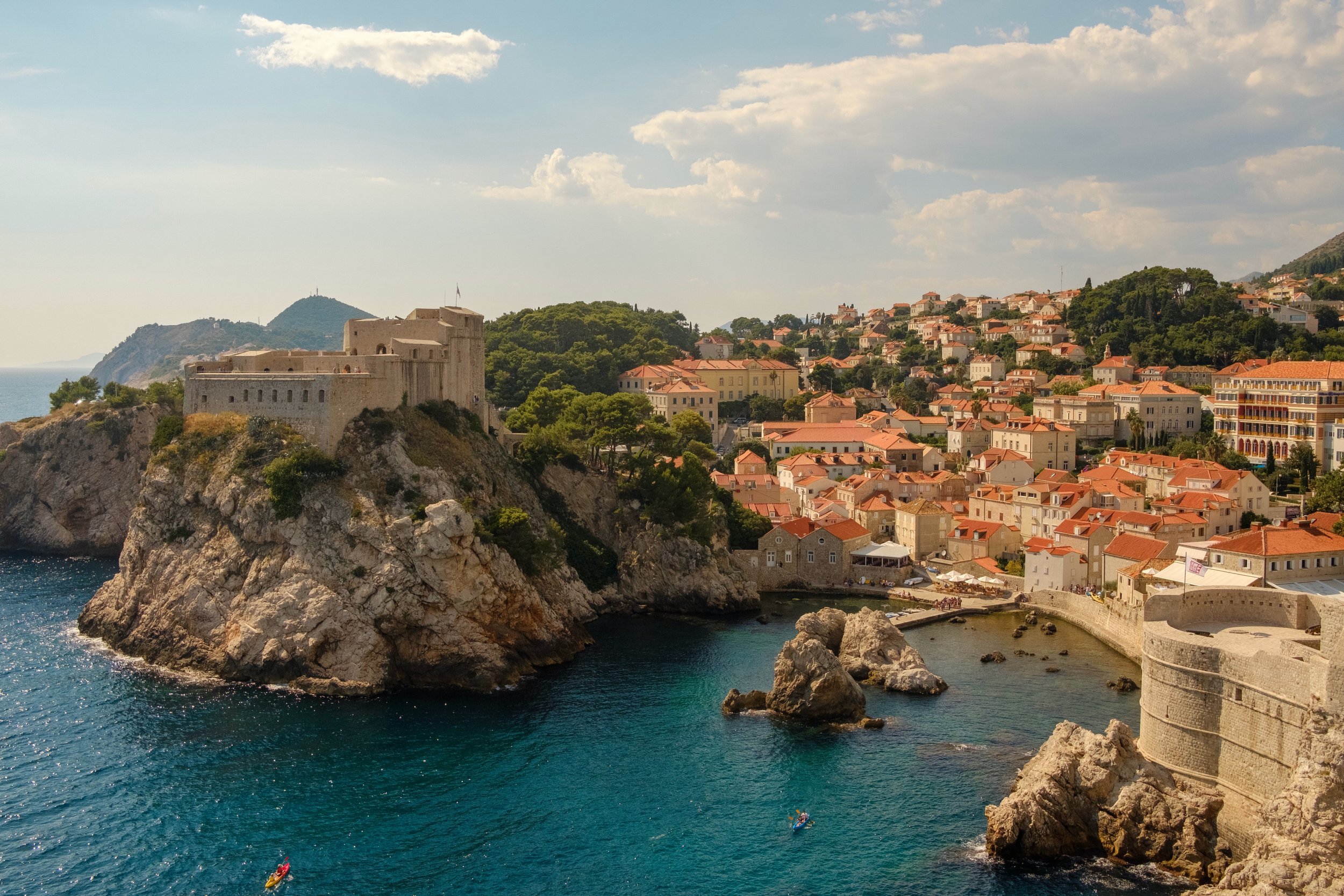Zooming in on Croatia
By Tita Mikulaš
In Croatia, polarisation is often based on political views. Today, that includes opinions about the war in Ukraine, anti-immigrant stances, opinions surrounding NATO, or basic debates about Croatian politicians. This has also led to a number of hateful narratives, of which Coronavirus plot theories, anti-russian narratives, homobobic and conservative theories, and anti-serbian narratives all seem very prominent.
Websites in Croatia are often promoting hateful propaganda or misinformation, and allowing a comment section under these articles only causes the misinformation to spread further. Facebook groups are filled with hate based on not trusting the Croatian goverment that are making conspiracy theories. It is always important to point out apps like Telegram that provide uncontrolled and unverified information among people as well - specifically in Croatia, Telegram is one of the most toxic platforms.
Online disinformation and online hate has been a very big part of Croatian’s lives since the pandemic. Disinformation usually accompanied by hate has influenced public opinion negatively, as many lost their faith in science and the goverment. Hate towards immigrants has been present in Croatia for years, and it has become even more prominent since the war in Ukraine.
Fact checking sites are present in Croatian society, for example Faktograf, however regulating online hate and disinformation is still extremely difficult within the country, and the rest of Europe. Concrete laws are needed in order to pave the way for a better future.

